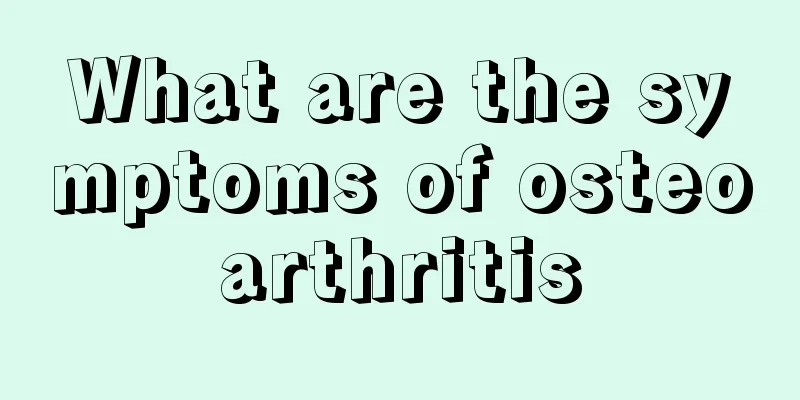How can cirrhosis be cured?

|
Cirrhosis is a chronic disease. The causes of cirrhosis are generally worsening hepatitis leading to cirrhosis, or cirrhosis caused by drinking. Cirrhosis can cause symptoms such as weakness in the limbs, swelling of the abdomen and lower limbs, loss of appetite, dull complexion, vomiting, etc. When facing cirrhosis, treatment should be aggressive. Treatment strategy 1. Drug treatment 1. Supportive treatment: Intravenous infusion of hypertonic glucose solution, pay attention to maintaining the balance of water, electrolytes, acid and alkali. Patients with more serious conditions can receive transfusions of albumin and fresh plasma. 2. Reduce portal vein pressure: propranolol or isoflavone. 3. Treatment of ascites: Potassium-sparing diuretics and albumin infusion can be used. 4. Antimicrobial drugs: Suitable for patients with complicated spontaneous peritonitis, mainly antimicrobial drugs targeting Gram-negative bacteria and Gram-positive cocci. 2. Surgical treatment 1. Surgical treatment of ascites: peritoneal-jugular drainage, transjugular intrahepatic portosystemic shunt. The latter can effectively reduce portal vein pressure, has little trauma and high safety, but is prone to induce hepatic encephalopathy. 2. Surgical treatment of portal hypertension: including portocaval shunt, porto-azygos shunt and splenectomy. 3. Liver transplantation: Suitable for end-stage liver disease that is resistant to conventional internal and external surgical treatments. 3. Prognosis The prognosis is related to the cause, the degree of liver function compensation and complications. Cirrhosis caused by alcoholic cirrhosis, biliary cirrhosis, hepatic congestion, etc. is better than viral hepatitis cirrhosis and cryptogenic cirrhosis. Child-Pugh classification is closely related to prognosis, with grade A being the best and grade C being the worst. The cause of death is often complications such as hepatic encephalopathy, hepatorenal syndrome, and ruptured bleeding of esophageal-gastric varicose veins. The development of liver transplantation has significantly improved the prognosis of patients with cirrhosis. |
<<: 6 ways to relieve itching caused by skin allergies
>>: Indications and precautions for calf blood protein-free extract
Recommend
What to do if you drink the water from the swimming pool
As we all know, many swimming pools are very dirt...
Can stage III nasopharyngeal carcinoma be cured? What treatment method is better?
Can stage III nasopharyngeal cancer be cured? Wha...
Will washing your face with salt water eliminate acne?
Salt is a condiment that we cannot do without. Si...
Is the survival rate of stage 3 nasopharyngeal carcinoma high?
Does nasopharyngeal carcinoma stage 3 have a high...
Who are the high-risk groups for cervical cancer? What should women do to prevent cervical cancer?
Miss Zhang just gave birth. In the past month, sh...
Red spots on the inner thigh
We all know that the flesh on the inner thigh is ...
Will ovarian tumor endanger life?
Ovarian malignant tumor is also called ovarian tu...
How high is the creatinine level to be considered uremia?
How high is the creatinine level to be considered...
At what age can a child walk normally
Every child is born with the same basic character...
Do I need to do moxibustion every day during the dog days of summer?
The weather is very hot in summer, which is often...
How to use baby diapers
In modern life, people's material level has g...
What can’t be eaten with mutton haggis
Mutton offal is actually a delicacy that many fri...
How long will it take for the cervix to open after contractions?
When women are approaching their due date, their ...
Are the appendages and ovaries one and the same?
Everyone knows about the many ovarian and adnexal...
Acid reflux bleeding
There are sphincters in both the upper and lower ...









